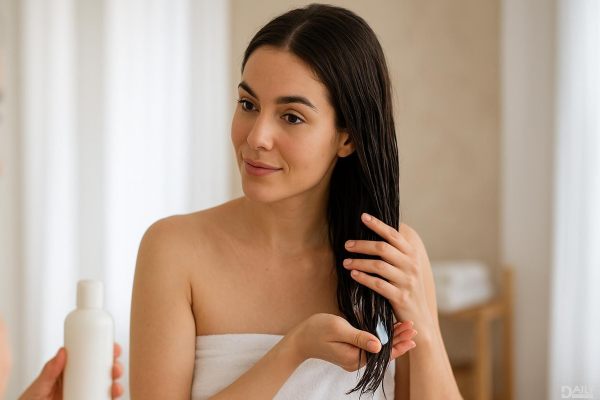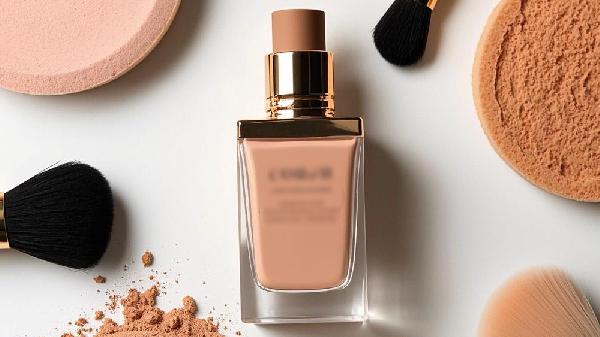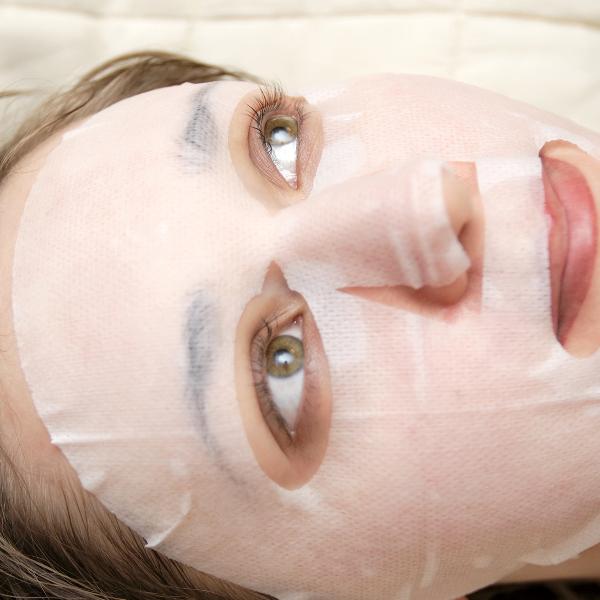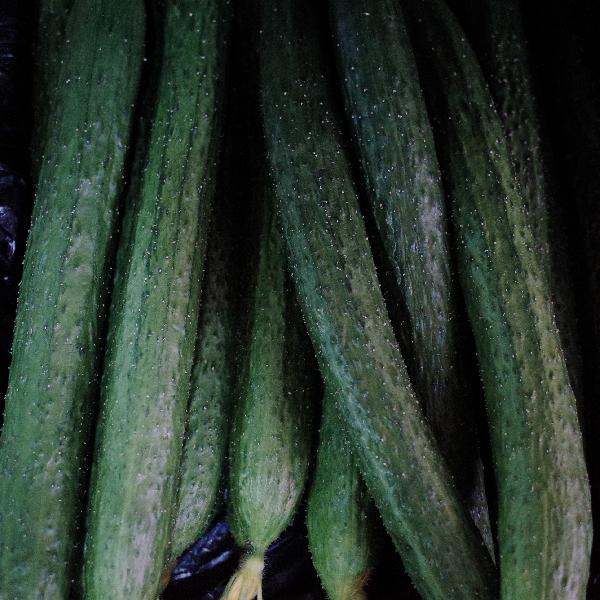Ever wondered why certain perfumes just seem to pull you in? That irresistible allure isn’t just about fancy packaging or celebrity endorsements—it’s all about the secret sauce, or in this case, the secret ingredient. The magic behind those captivating scents often comes down to a carefully balanced blend of natural and synthetic compounds, with one standout element: pheromones. These chemical messengers might not be something you can see, but your nose—and your brain—definitely notice them. And when combined with high-quality essential oils and modern perfumery techniques, they create that "can’t-resist" factor that makes a fragrance unforgettable.
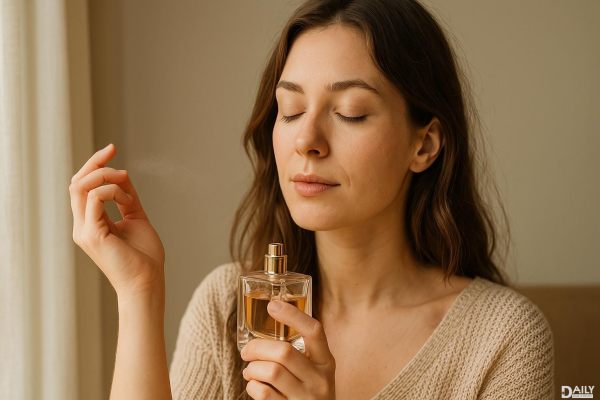
Perfume isn’t just about smelling good—it’s about triggering emotions, memories, and even attraction. The secret weapon? Pheromones. These naturally occurring chemicals are produced by our bodies to send subconscious signals, and when replicated in perfumes, they can enhance a fragrance’s appeal. While the exact science is still debated, studies suggest that certain pheromone-infused scents can boost confidence, increase perceived attractiveness, and even influence mood. But pheromones aren’t the only players here. High-end perfumes also rely on a mix of essential oils like jasmine, rose, and sandalwood, which have been used for centuries for their intoxicating properties. The real artistry comes in blending these elements so they evolve on the skin, creating a scent that’s as dynamic as the person wearing it.
Ever sprayed a perfume in the morning and still caught whiffs of it hours later? That’s not luck—it’s chemistry. The staying power of a fragrance depends on its base notes, which are typically heavier molecules like vanilla, musk, or amber. These ingredients evaporate slower, lingering on your skin and clothes long after the top notes (the first scents you smell) have faded. But longevity isn’t the only factor. The way a perfume interacts with your body’s natural oils—your skin’s pH, moisture levels, even diet—can alter how it develops. That’s why the same perfume can smell completely different on two people. The best fragrances are designed to adapt, creating a unique scent profile that feels personal and, yes, downright irresistible.
Scents have a direct line to the brain’s memory centers, which is why a whiff of a particular perfume can instantly transport you back to a moment in time. Perfumers know this and often craft their blends to evoke nostalgia or emotional responses. Floral notes might remind you of a spring garden, while warm, spicy tones could bring back memories of cozy winter nights. This psychological connection is why some perfumes feel so addictive—they don’t just smell good; they make you feel something. And when a fragrance taps into those deep-seated emotions, it becomes more than just a scent—it becomes a part of your identity.
With thousands of perfumes on the market, finding "the one" can feel overwhelming. But the key isn’t just picking what smells good in the bottle—it’s about how it wears on you. Start by testing perfumes on your skin, not just paper strips, and give them time to settle. The true character of a fragrance often reveals itself after 30 minutes or so. Pay attention to how it makes you feel: Does it boost your confidence? Make you feel sophisticated? Playful? Your signature scent should feel like an extension of your personality. And don’t be afraid to mix things up—sometimes layering a light floral with a deeper musk can create a completely unique, head-turning combo.
At the end of the day, the most irresistible perfumes aren’t just about the ingredients—they’re about the experience. Whether it’s the subtle allure of pheromones, the deep emotional pull of certain notes, or the way a scent evolves on your skin, the best fragrances tell a story. And when you find the one that feels like it was made for you, that’s when the real magic happens.


